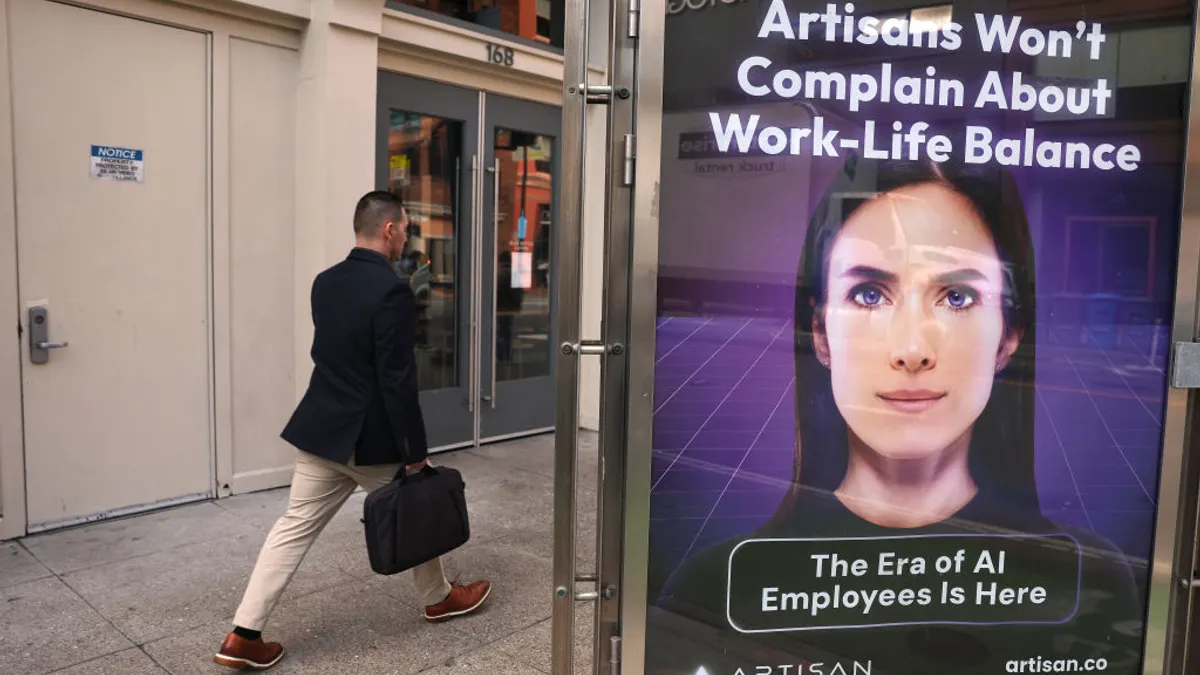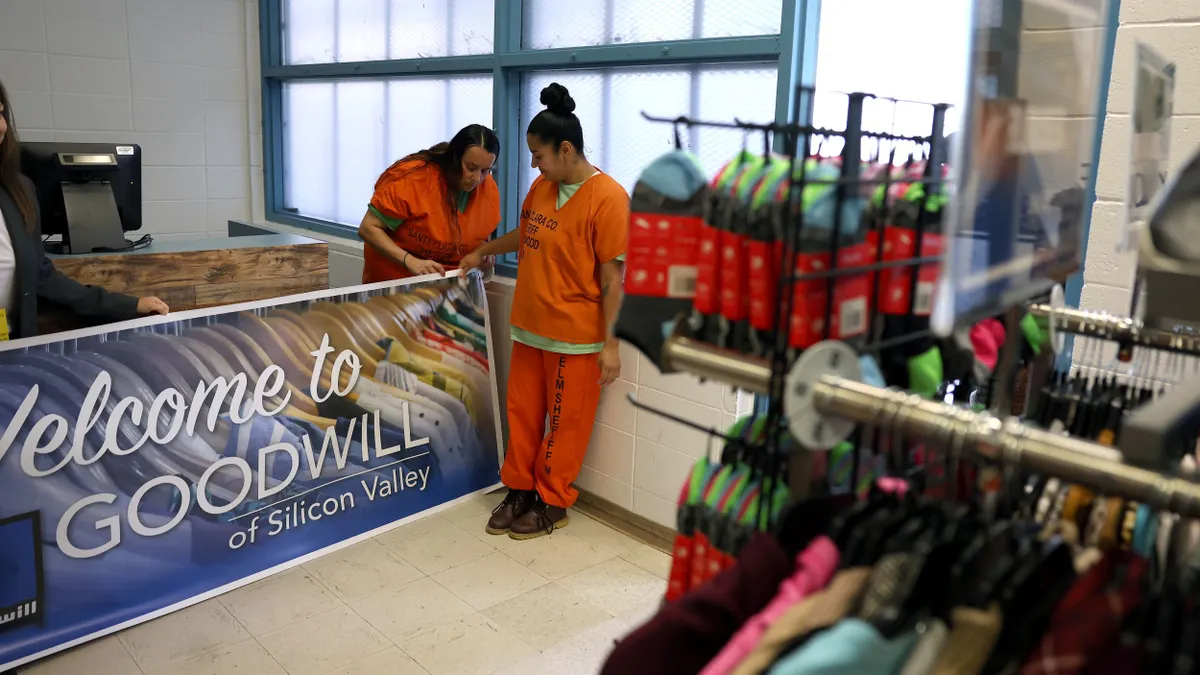A predicted recession has companies reviewing – and perhaps even rethinking – their environmental promises, Fortune recently reported. But employers that turn away from investments in sustainability and climate-related skills may find themselves behind in the next decade, according to those in the field.
But while employers are being pushed to set lofty environmental goals to satisfy investors and the public, some may not have the talent to achieve them, a September report from Salesforce said. Eighty-eight percent of workers surveyed said there’s too little investment in sustainability training to reach ESG targets and 82% said an inability to find skilled talent is blocking companies from reaching their goals.
Climate action is also top of mind for Generation Z and young millennials, a Deloitte report from earlier this year noted. Employers that focus on it could see improved retention, especially among this cohort, it concluded.
And despite pessimism about ESG during a downturn, Alan Murray, president and CEO of Fortune, wrote in his CEO Daily newsletter, “I keep finding myself in conversations with forward-leaning CEOs who insist it is times like the present that test their mettle. They believe continued investment, both in digital transformation and in sustainability, will be critical to their long-term success. And those who can find a way to keep investment up, even in the face of a downturn, will win the future.”
One provider — Axa’s The Climate School — says interest in sustainability training is strong. The relatively new program went from zero clients a year ago to close to 100 now, Antoine Poincare, the schools’ VP, told HR Dive. And this may promise changes for HR and L&D leaders akin to the great digital shift of the last decade.
Avoiding yesterday’s missteps
Any HR professional who has been to a conference in the past decade has heard the truism, “every company is a tech company.” Poincare said he believes sustainability skills and jobs will be the next, similar direction companies will be expected to take.
“When we coined the phrase, ‘every job is a digital job,’ we weren’t only focusing on new jobs but infusing … digital tools into all of the jobs,” he said, including HR, communications and learning.
But originally, companies removed HR from the process, he said, instead making it a broad company strategy. Employers can’t afford to do that with sustainability skills, he said, since HR knows how to engage the whole company; instead, this could be a way for companies to learn from their past mistakes.
From threat to advantage
The discussion around ESG has turned it into a flashpoint and even a political target, in some respects. For those reasons, among others, employers may be wary of environmentalism driving workers away, especially if they feel companies aren’t doing as well as they could be, Poincare said.
But, he said, employers can turn that around and instead ask their workers: Can you help us reach our goals? Can you bring us this knowledge? Many employers are not doing this at all, Poincare said, which means those that do may have an advantage in the market.
Additionally, employers can offer opportunities for employees to learn sustainability-related skills which may be relevant for future jobs at the company and beyond — also a key retention tactic.
How HR can get ahead
Poincare recommended that HR focus on anticipating what the company will need soon.
“If I were an HR person going to talk to the top boss,” Poincare said, “[I would say] 10 years ago we didn’t move fast enough on digital and were stuck in the talent war. If we want to get ahead of sustainability, let’s get in on it right now, before everyone else is in it.”
Some companies have already begun doing this, he noted. PwC, for example, said in 2021 it wanted 100,000 sustainability consultants in five years; at the time, the firm employed 284,000 people total.
“This kind of commitment is going to make the war for talent for people who understand this pretty big,” he said — meaning HR and learning leaders have an opportunity to position themselves as strategic leaders before it’s potentially too late.






















